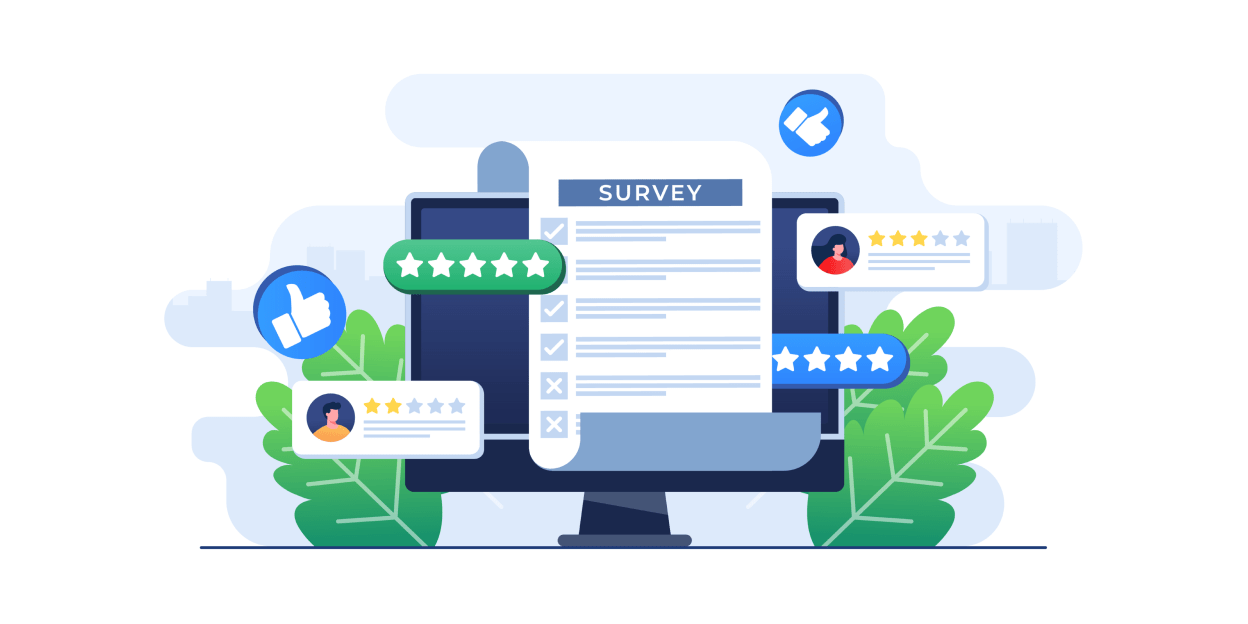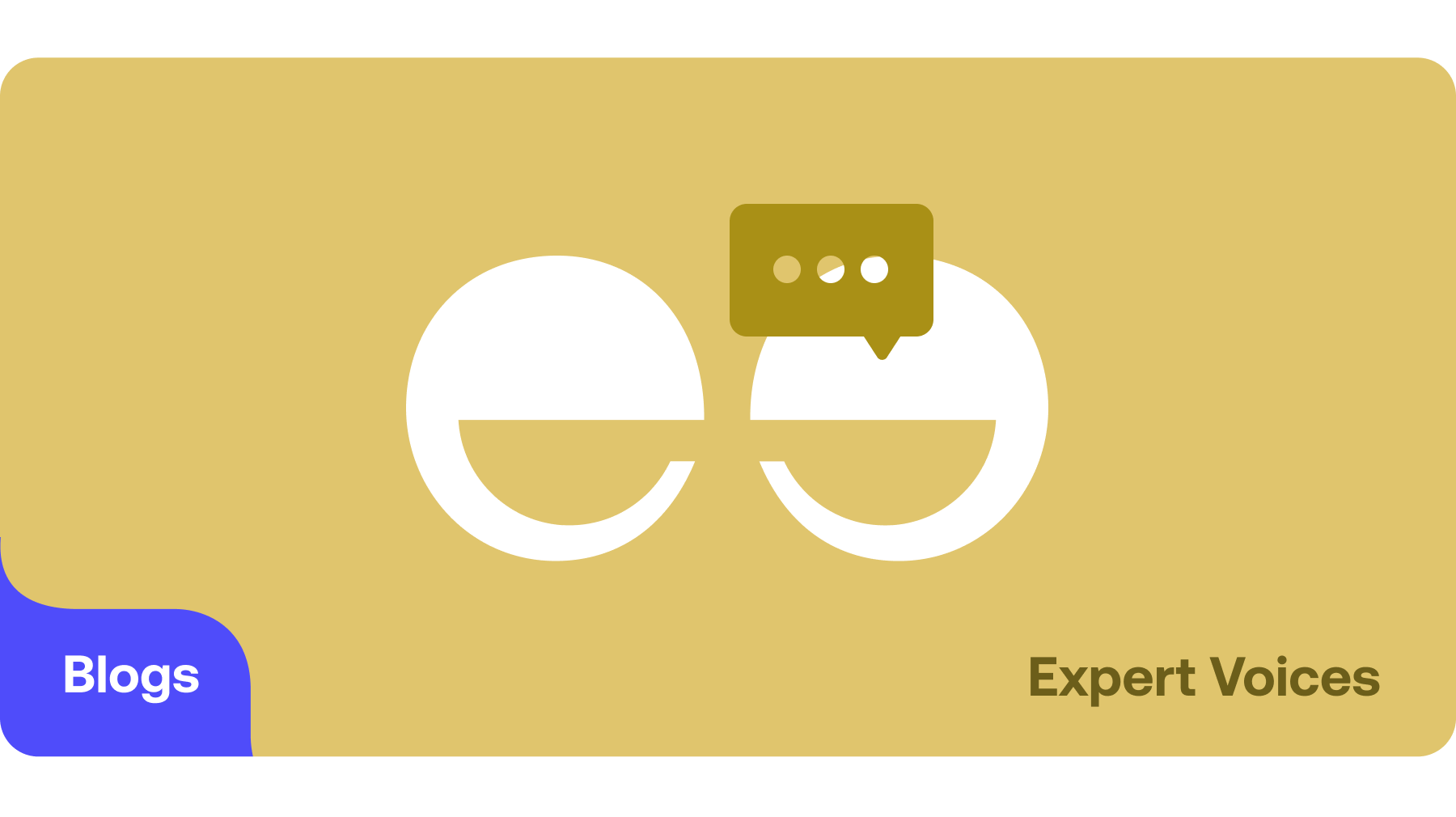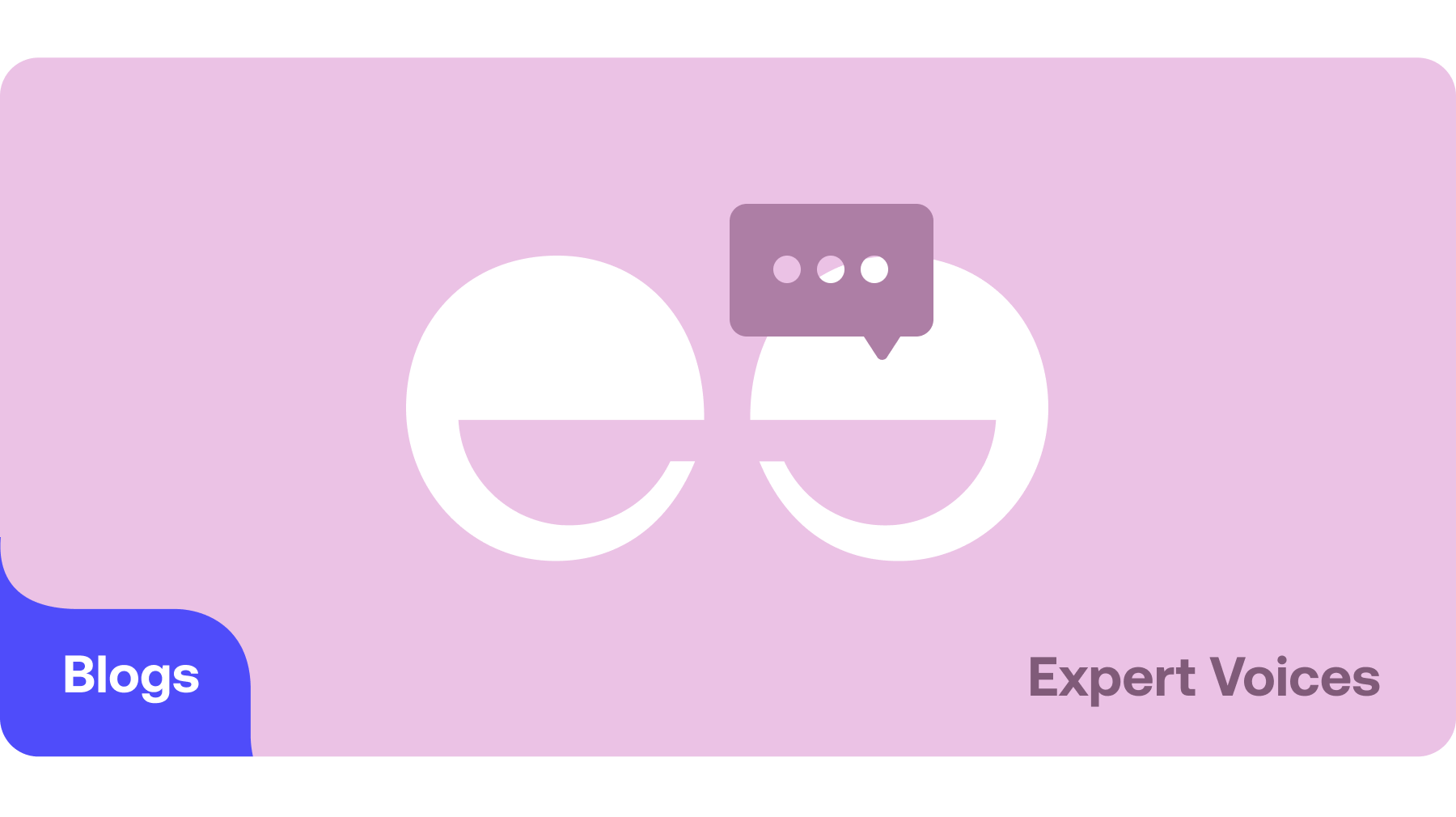If you want to build a successful business, you have to understand your customers. Not only do you need to know who your ideal customers are, but you also have to find out exactly what they want.
Customer insights are the desires, needs, and expectations of your buyers and they can prove invaluable to your business.
There are a lot of ways to get these crucial insights. One of the best and easiest ways to search for this information is through customer feedback surveys. Let’s take a closer look at what types of feedback surveys there are and how to create an effective survey that actually works.
What are customer loyalty insights?
Customer loyalty insights provide invaluable information about customer retention. You'll get a good idea of how loyal your customers are, alongside the factors that impact their loyalty.
These insights will also give you a much deeper understanding of how your customers behave. You can use them to identify any changes that may need to be made to improve retention ratings.
The benefits of customer loyalty insights
Collecting customer loyalty insights provides a fantastic range of benefits for your business. Used correctly, these insights can:
- Discover why customers have churned
- Understand employee performance and client satisfaction
- Improve the customer journey and experience
- Boost your marketing efforts
- Improve customer retention rates
- Increase profits
- Gain feedback on new features and developments
What’s the difference between market research and customer insights?
Market research means gathering information about your customers or target market. It focuses on knowledge and statistics. Customer insights, on the other hand, involve taking action on the information that's discovered.
Market research lets you know what's happening with your customers. Customer insights let you see why it's happening.
Seven types of customer feedback surveys
1. Customer reviews
Customer reviews are usually associated with product reviews where customers are asked about their experience with the product they have recently purchased. These types of reviews are usually in an open-ended, free format and are a fantastic way of getting product feedback at scale. You can usually find customer reviews online, on the corresponding website product pages.
2. Customer feedback
Customer feedback is associated with the experience that customers have with your company’s service. This includes interactions with your customer service teams – by telephone, email, post, web chat, or social media – or your sales colleagues. Customer feedback is a great way to gauge how well your employees are trained to serve your customers pre- and post-sale, and what your overall level of customer service satisfaction looks like.
3. Customer satisfaction surveys
You can use customer satisfaction (CSAT) surveys to understand your customers’ satisfaction levels with your business's products, services, or specific experiences. A single question usually asks: How would you rate your overall satisfaction with the service you received?
Answers are graded on a scale, usually from 1-5, where 1 represents very unsatisfied and 5 represents very satisfied. Once you start collecting responses, you can measure your score using the formula below:
(Number of satisfied customers (4 and 5) / Number of survey responses) x 100 = % of satisfied customers
This score indicates how satisfied or dissatisfied customers are with whatever you want your survey to measure.
4. Net Promoter Score
The Net Promoter Score (NPS) is an index ranging from -100 to 100 that measures the willingness of customers to recommend a company’s products or services to others. It's used to gauge the overall satisfaction of customers with your company's product or service and their loyalty to your brand.
NPS surveys ask the question: On a scale of 0 to 10, how likely are you to recommend this company’s product or service to a friend or a colleague?
Learn more about calculating NPS with our Net Promoter Score guide here.
5. Website experience surveys
Design your on-page website experience surveys to show on key pages of your website, or set them so that they can be triggered when a visitor takes certain actions on a page. They can collect information about the design, user interface (UI), and user experience(UX)of your website, and can be very effective in better understanding your customers' online pain points or what information is maybe missing from your website.
6. Social media surveys
You can find praise from your biggest fans and complaints from your unhappiest customers on social media. Using social media to collect feedback via in-channel polls or landing page surveys is a fantastic way to show your engaged customers that you hear them and want to know more. If you're struggling to get the reach you need for a high volume of responses, you can also boost your survey to more of your customers using paid social.
7. Customer Effort Score (CES)
This customer satisfaction metric measures the effort a customer needs to put in to complete an interaction with your business. This is a great way to understand what goes wrong in each step by asking: ‘How easy was it to find what you were looking for?’ or ‘How easy was it to solve your problem?’.
Customers are given a scale of 1 to 5 to rate their response with 1 being ‘Very Difficult’ and 5 being ‘Very Easy’.
How to make a survey to gather customer loyalty insights
If you want to ensure you gain valuable customer loyalty insights from your surveys, you can:
Keep the survey short – Your customers aren’t going to spend a lot of time filling out your survey. Therefore, the shorter you can make it, the more likely they are to complete it. If you have a lot of questions you’d like to ask, condense them down into a list of the most important ones.
Define your purpose – Determining the overall objectives of your survey will help shape your questions and give you an idea of what you want to do with the data you collect. Narrowing down your focus will save you time in the long run and will help you to yield the data that is valuable to you.
Ask the right questions – If you're keeping the survey short, you need to make sure you're asking the right questions. In terms of customer loyalty insights, you should ask questions regarding their experience and how likely they are to make another purchase.
- Closed-end questions – Respondents answer using a yes or no, multiple choice, or rating scale system. These are quantitative questions and they’ll give you quantifiable data which is easy to collect and analyse.
- Qualitative questions – These are open-ended questions. The user is free to give whatever answer they like, so while the results are harder to measure, you can get more information and insight into their responses.
For more ideas about which questions to ask your customers, take a look at our 20 examples of effective survey questions here:
Avoid personal questions – Intimate questions will go unanswered and customers may choose to leave the survey altogether without finishing. Leave out overly personal and security-sensitive questions. For example, people may not want to disclose their exact monthly income but might feel comfortable ticking a box that asks for a broad range. Similarly, they may not want to share their postcode, but might be happier sharing their county or closest city.
Use simple language – Using complicated industry jargon that customers don’t understand can cause survey fatigue. You don’t want to confuse the respondent and end up with vague or incomplete answers. Make it conversational and use terms that a layperson would understand easily.
Leave room for more feedback – This gives respondents the option to offer their feedback on something that you may not have considered. Including an open-ended feedback section allows you to collect responses that you would have otherwise missed out on.
Make it mobile-friendly – An increasing number of customers are completing surveys on their mobile devices. Make sure your survey is mobile-optimised and works fully on smaller devices. Customers should be able to easily access the survey on the go, which boosts your chances of completion; the more people who answer, the more data you'll have.
How to action insights from your customer satisfaction survey
What you do with your data is just as important as how you collect it, and here’s how you can make the most of it:
1. Analyse the results
Look for trends within the responses to see what problems come up the most. This gives you areas of immediate focus.
2. Close the feedback loop
Too many negative scores? Respond to the most common grievances as soon as possible for a chance to gain their trust next time.
3. Convert them
Easily convert unsatisfied customers into satisfied ones by focusing on areas that they’re unhappy with. Use tactics like discount codes and free delivery to ask them for a second chance where you provide them with a service that solves all the issues they had in the first place.
Start creating effective customer satisfaction surveys with Feefo.
We’re proud to offer an easy-to-use surveys platform that works seamlessly alongside our trusted customer reviews. Get in touch with one of our consultants today to find out how surveys can play a key role in your customer feedback strategy.


